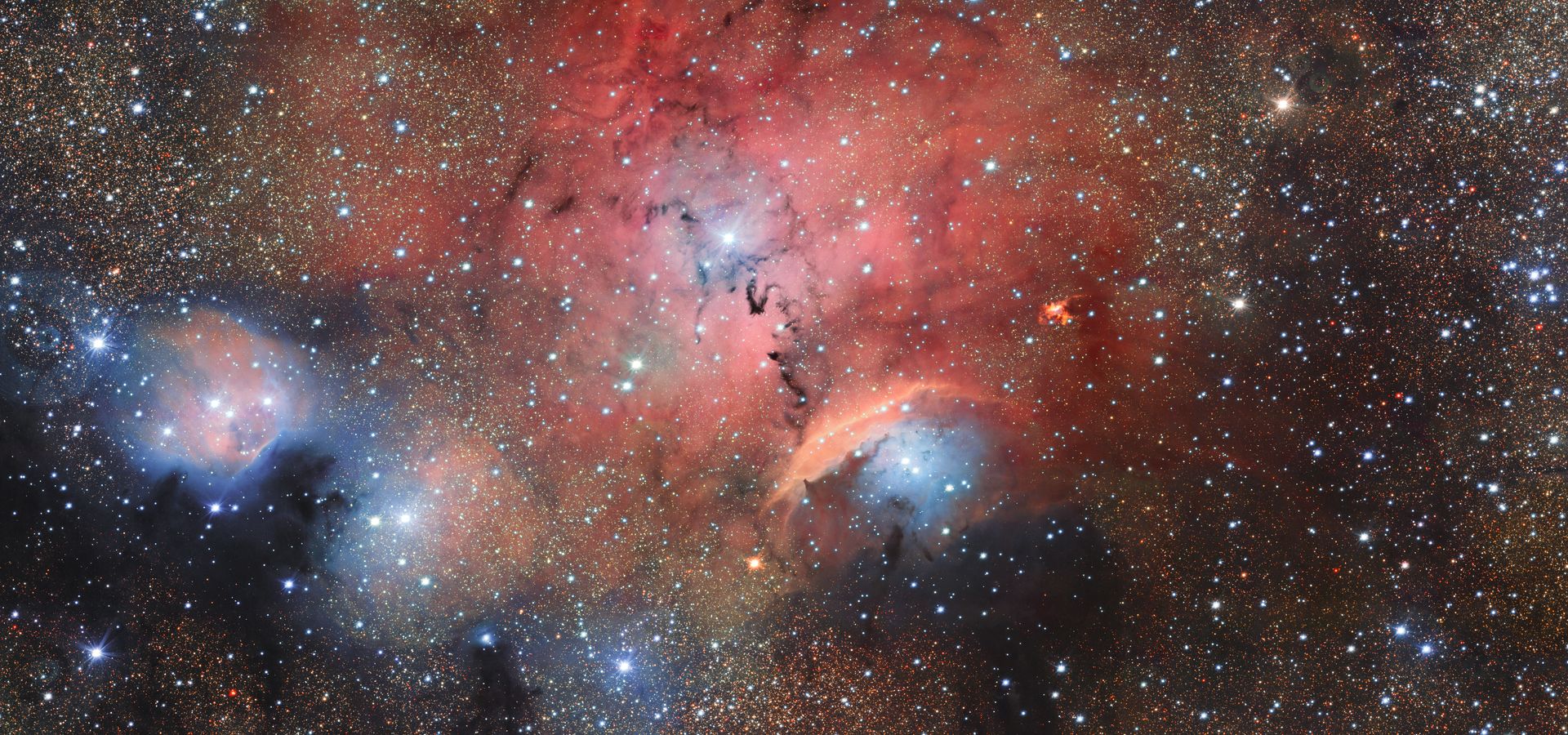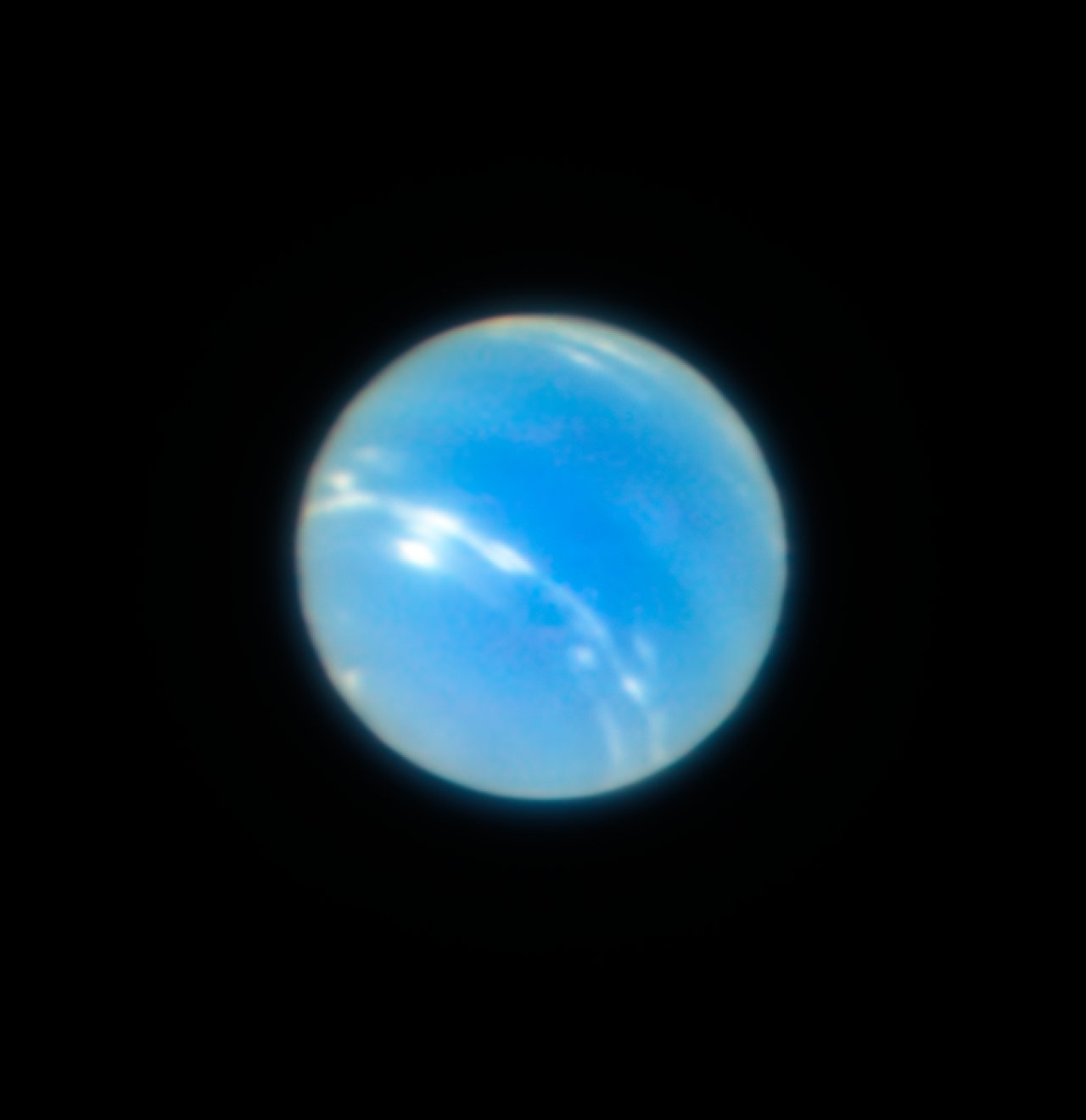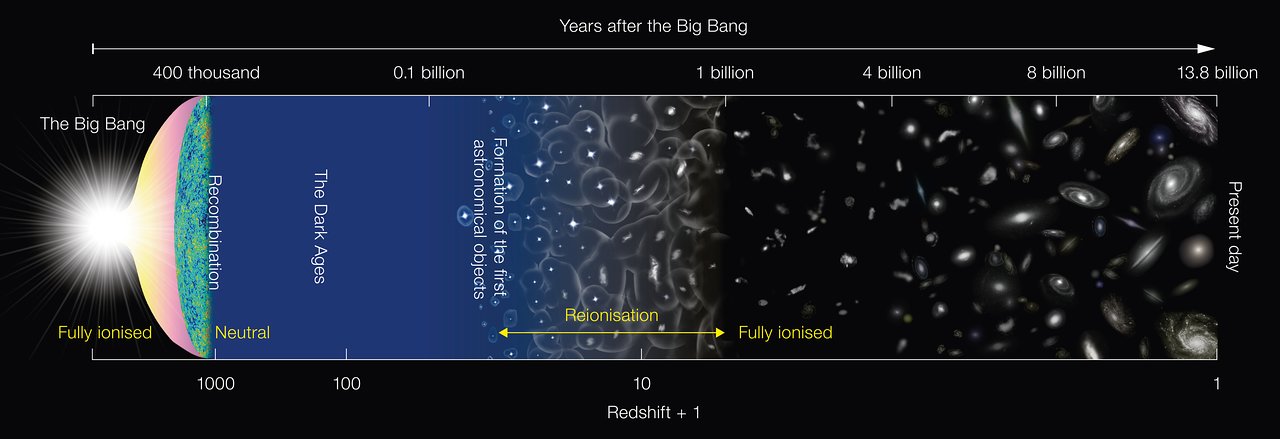
Astronomical failures
Some of the “mistakes” that have led to our current understanding of science
- That scientific endeavours often fail, and that’s OK
- Some of the biggest scientific failures in history
- That null results are important on the road to discovery
1. When the world conspires against you — Guillaume Le Gentil and the curse of Venus
Often, our endeavours rely on factors outside our control and, while some challenges can be overcome, sometimes you can be downright unlucky. That is how you might describe Guillaume Le Gentil, who set out in the eighteenth century to measure the transit of Venus in order to calculate the size of the Solar System. The phenomenon occurs in pairs — with Venus transiting twice in the astronomically short timeframe of eight years. As adjacent pairs happen less frequently than once every hundred years; this was Le Gentil’s only chance. He travelled to the other side of the world, where the transits would be visible, but an extraordinary series of misfortunes befell him; between wars and the weather, he was unable to measure the first transit, and unable to view the second one at all. After a difficult journey home, Le Gentil discovered that everyone back in France had assumed him dead, his belongings had been taken by relatives and his wife had remarried. Le Gentil became well-known for his memoirs and his other scientific studies, but this was probably little consolation as he watched his competitor Captain Cook revel in success.
2. When teamwork lets you down — John Couch Adams and the elusive eighth planet
In the early nineteenth century, Uranus was behaving strangely. The planet had been discovered forty years earlier, but its movements weren’t following the expected path, leading to speculation about an unseen planet beyond it, interfering with its orbit. The young astronomer John Couch Adams set out to discover this new eighth planet. He spent years making calculations of its location, some of them correct. But the observers just couldn’t find this planet, even though they saw it, and mistook it for a star! What we now know as Neptune was discovered soon afterwards by another team of astronomers. Disheartening as this must have been, Adams moved on, applying himself to other questions and making great discoveries, most notably that the spectacular Leonid meteor showers originate from the debris of comet Tempel-Tuttle.
3. When you’re right for the wrong reasons — Albert Einstein and the cosmological constant
Einstein’s name may be synonymous with genius, but even the great logician was not immune to error. When his equations of general relativity suggested the size of the Universe was changing, he added in a term, the cosmological constant, to make the equations compatible with the Universe being static, a widely-held assumption at the time. After Hubble discovered that the Universe was actually expanding, Einstein scrapped the constant, whose introduction became known as his biggest blunder. But it turned out that scrapping it was the real mistake. Decades later it transpired that, not only is the Universe expanding, but the expansion is accelerating. Describing this using the equations of general relativity again required the cosmological constant. So when Einstein made his great mistake, he unwittingly fixed his equations to fit a characteristic of the Universe that he would never know.
4. When you bury your head in the sand — Fred Hoyle and the big bang
One astrophysicist famously opposed the idea that the Universe had a beginning, and his reaction has become embedded in our language. Fred Hoyle was one of the authors of the steady state model, which says that the Universe is pretty much the same as it always has been. When the Universe was found to be expanding, physicists extrapolated backwards to conclude that it started as something much smaller and denser, threatening Hoyle’s steady state model. Devoted to his theory, Hoyle described the new proposal as a "Big Bang". As evidence mounted for the Universe’s beginning, Hoyle refused to accept it, instead contriving ways in which a steady state Universe could explain new observations. Despite his vehement opposition, he left the biggest imprint on the public perception of the idea — the "Big Bang" is quite a catchy name after all!
But failures still occur today in our quest to find out more about the Universe…
5. When there is much more at stake — NASA and the Apollo disasters
NASA’s famous Apollo missions led to what is arguably humanity’s most remarkable achievement: setting foot on the Moon. In attempting something that has never been done before, especially something so ambitious, mistakes are inevitable. However, as disheartening as failure normally is, it becomes infinitely more serious when people’s lives are in jeopardy. Tragically, failures in the Apollo 1 mission led to the fatalities of three crew members. In subsequent launches, it was absolutely vital to learn from those mistakes. Most of the later missions were successful, but spaceflight remained high-risk, as demonstrated by the Apollo 13 mission, when an oxygen tank exploded in space. After an unimaginably nail-biting period of trying to set the craft on a safe path to Earth, the crew made it back alive, partly thanks to safeguards built in after Apollo 1. While most missions have been successful, there have been spaceflight fatalities since, highlighting the paramount importance of vigilance when people’s lives depend on it, no matter how many successful missions have gone before.


6. When the devil is in the detail —NASA and the imperial disaster
Fortunately, the Mars Climate Orbiter was an unmanned spacecraft, allowing some humour to be found in the circumstances of its failure. Built by NASA to study the Martian atmosphere, it burned up and disintegrated after making it almost all the way to the red planet. The problem was in the communication of two pieces of code in the programming. One calculated the force, in imperial pounds, that the thrusters needed to exert, and another read these calculations — in metric Newtons! The spacecraft followed the wrong path at the wrong speed, and burned up in Mars’ atmosphere instead of going into orbit around the red planet. A unit conversion might have been the easiest part of programming the spacecraft, but its simplicity clearly didn’t negate its importance!
7. All’s well that ends well — Short-sighted Hubble
When the Hubble Space Telescope sent its first images home, they were blurry, not discerning in detail the celestial objects that it had been sent up to see. The problem was identified as an error in the primary mirror; a tiny error of just two microns in an instrument used in the mirror’s production had made the mirror too flat, rendering its images useless. Since bringing Hubble back was not an option, NASA and ESA decided to build an additional set of mirrors that could correct Hubble’s vision. The ‘spectacles’ were installed by astronauts on a special mission, and they worked, allowing Hubble to begin its distinguished career sending back sharp views of the distant Universe. This story tells us that failure doesn’t always mean the end. Often, with determination and creativity, mistakes are fixable.

What we can be sure of is that mistakes are absolutely essential to progress; an adage often attributed to Einstein states “a person who never made a mistake never tried anything new”, and science is all about trying new things and pushing boundaries. The scientific method by which our knowledge progresses is built on taking what we think we know and testing it to its limits, seeing if it holds up, and being ready to change our ideas if it turns out to be wrong. So, filling in the backdrop of all the attention-worthy illustrious scientific achievements, it is really the failures that make this millennia-long endeavour to understand the thing that we call science.
Links
1
2
3
- The 'Brilliant Blunders' Of Science: Success Through Failure
- Einstein's 'Biggest Blunder' Turns Out to Be Right
4
- The 'Brilliant Blunders' Of Science: Success Through Failure
- The big bang got its name from a man who thought the theory was total nonsense
5
6
7
Biography Laura Hiscott
As a science communication intern, Laura assists ESO’s public outreach department with its communication of astronomy and all things ESO. Laura discovered at school that she very much enjoyed finding out how things work, which led her to study for a degree in Physics. During her time at university however, she found that what she enjoyed even more than getting to grips with a new concept, was then going and telling someone else about it. She explored this interest while writing about scientific phenomena and the relationship of science with society for her student science magazine, Broadsheet.
Biography Nicole Shearer
Among other roles, Nicole Shearer works as a Public Information Officer assistant at the European Southern Observatory. She studied Physics and Astronomy at Durham University, specialising in the public communication of astronomy. For ESO she develops various public engagement products, and helped with the preparation and testing of the education programme for the ESO Supernova Planetarium & Visitor Centre. Previously she worked in the Education department of the European Space Agency.




